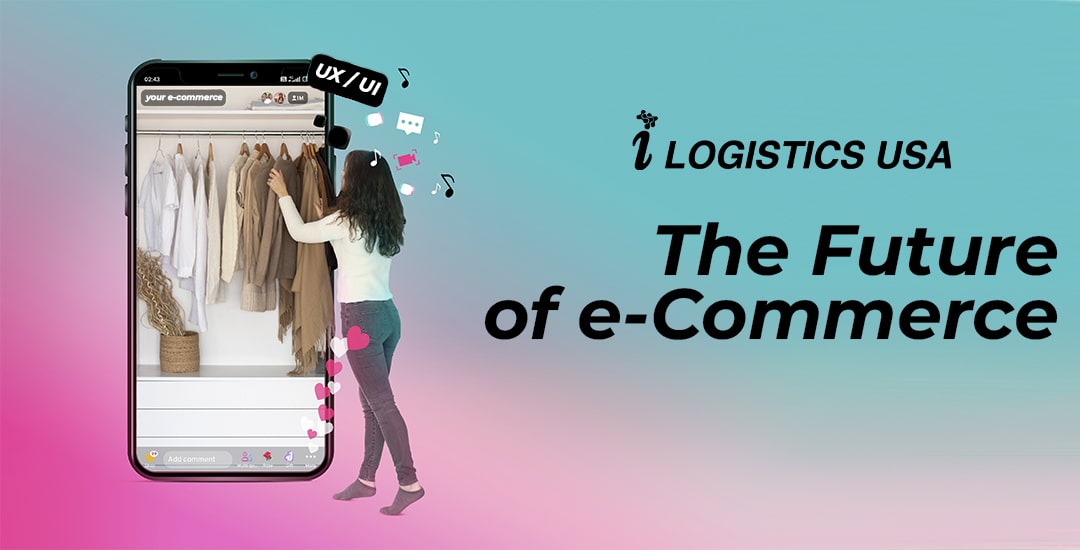The Future of e-Commerce after COVID-19
There’s no denying that COVID-19 and the ensuing pandemic have had a profound effect on the future of e-commerce. After all, there’s little that COVID-19 hasn’t changed. It makes perfect sense, however, that among the most affected industries is e-commerce. Almost every e-commerce business has seen a growth in traffic and sales as a result of COVID-19 as in-person shopping is currently prohibited and, in all likelihood, was doomed to extinction even before the pandemic.
Planning for the future and staying ahead of rapidly developing macro and microeconomic trends is a surefire way to make your business more resilient and profitable. That in mind, let’s take a look at some of the major ways that COVID-19 is going to change e-commerce, and how you can prepare your business.
Plan for Growth
You don’t have to be an economist to see that retail shopping is quickly growing outdated. There are countless articles on the death of the American mall, the big-box store, in-person shopping culture, etc. As such, many e-commerce businesses have been readying themselves for future growth for years now. What COVID-19 did was accelerate that process exponentially.
There are plenty of logistics to consider when growing. Staff additions and inventory expansions are perhaps the most obvious, but don’t overlook important aspects like expanding your IT network. Remember that you’re going to see an influx of customers—perhaps more than you could have imagined—and will need a competent and reliable IT infrastructure to handle this rush of new customers.
Leveraging cloud computing is a solid way to account for the onrush, or if you’d prefer, growing your material network is another alternative. Whatever it is, don’t be caught flat-footed when the growth wave hits.
Build Up Your IT
Building on the last point, investing in your IT infrastructure is crucial to being able to keep up with online demand. The last thing you want is to lose out on revenue because your website crashed, or your network is too slow to accommodate all the purchases taking place.
Your business has to decide then if it wants to hire on full-time IT help (if it hasn’t already), or instead outsource the work to managed IT companies.
Managed IT services, typically styled as managed service providers (MSPs), can be a valuable potential asset here as many provide custom packages that scale to meet your business’s needs. What’s more, they can often be hired for less than the price of a single IT consultant.
Diversify Your Supply Chain
If the pandemic has taught us one thing it’s that supply chains are a lot more vulnerable to disruption than we had first thought.
Remember that while your business may largely be conducted online, it’s not worth much if it can’t deliver goods to customers.
Plus, as your business plans for future growth, odds are other companies are similarly growing. Couple that with the fact that the industry as a whole is going to have many different companies enter the e-commerce business sector (or simply expand that face of their business) and you’re likely to see competition like you’ve never seen before.
As such, being reliable and trustworthy and building up that dedicated customer base is vital to long-term survival and profitability. And a great way to foster that trust is by being reliable and fulfilling deliveries.
Having a diversified supply chain will help you avoid stoppages and account for when one stream becomes unusable. These sorts of redundancies are vital for a business looking to capitalize on the future of e-commerce.
How to Adjust in a Post-COVID-19 World
As discussed above, the most important part of e-commerce is being able to fulfill orders.
i Logistics USA offers e-commerce services from Florida that branch out across the country, allowing us to meet yours and your clients’ specific needs. We have years of experience in the supply chain industry and working out shipping logistics.
To book a consultation,CLICK HERE or call (305) 909-0400 or email info@ilogisticsusa.com




